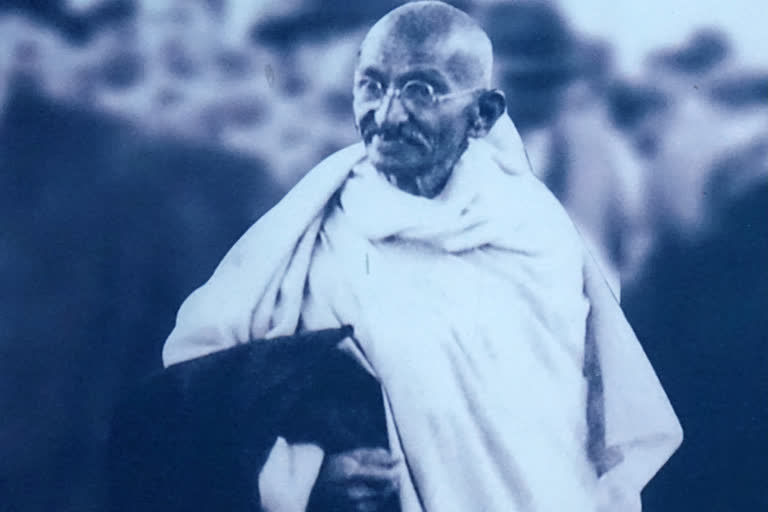New Delhi: India was an infant democracy, having won independence only five and a half months earlier. Still, it was a nation that was thrown into a state of shock and disbelief on that fateful Friday evening, January 30, 1948, when the news spread about the assassination of the Father of the Nation.
Mahatma Gandhi was a different father. He had little time for his own family. His family was the largest in the world. It had no caste or religion. It transcended boundaries and borders. Three hundred and thirty three million people of India wept and many of them went without food that night. The radio, the only available medium for quick transmission of news those days, wept throughout broadcasting doleful music and messages of grief.
We were boys then who did not immediately understand the reason for such mourning and overwhelming grief when we returned home from the playground after a game of cricket. Some of us even heaved a sigh of relief as the sun set on the horizon as there would be no school the following day. Shocking it was to see our elders crying, glued as they were throughout that night to the radio set. Food was not cooked in the house and almost all the elders fasted in grief.
Tears rolled down everyone’s cheeks when the radio broadcast a sobbing Jawaharlal Nehru’s “Light has gone out of our lives” speech. Friday, January 30, 1948 was the gloomiest day in every Indian home. 31st was no less. Millions of people cried inconsolably hearing, Melville de Mellow’s commentary, broadcast live by All India Radio, on the funeral of Gandhiji that Saturday evening.
Seventy-one years after that, raising the question ‘what Gandhiji means to us’ might sound odd if not ridiculous. Still, it has its own relevance even though some question the ‘relevance’ of Gandhiji for today’s India of a billion plus people most of whom do not know much about him.
We have seldom been a nation during the last seven decades to know the value of the Father of the Nation. We are still a backward country, fragmented socially and culturally with a large percentage of population, larger than the population of the United States, living below the poverty line. There are, of course, islands of prosperity where people feel differently from the mainstream.
